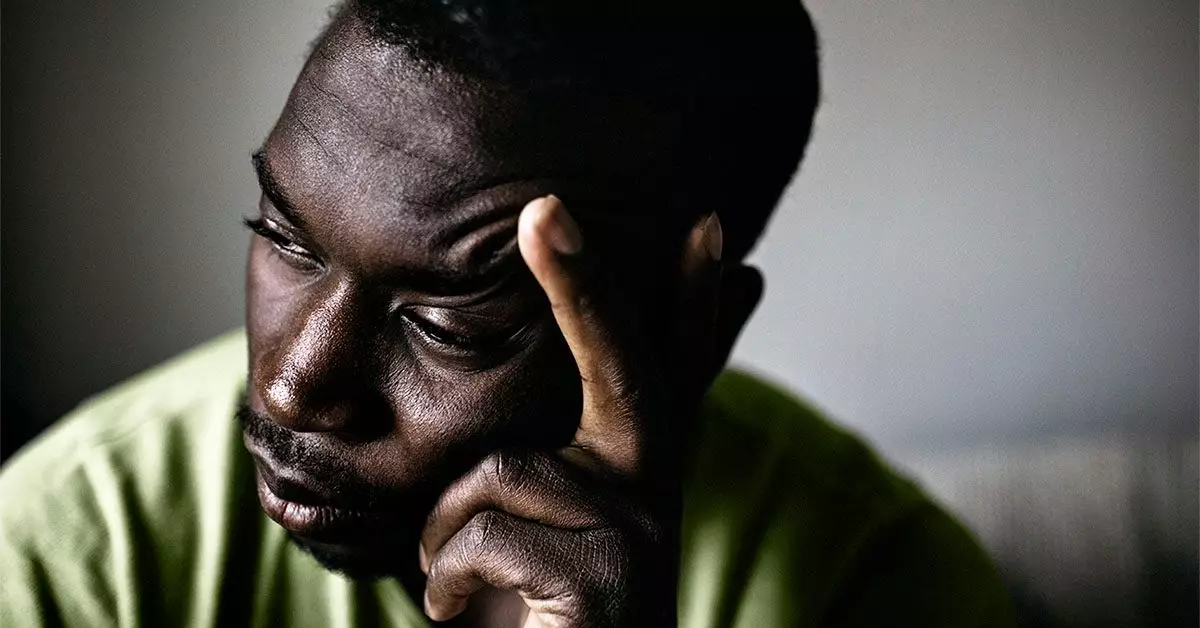Anti-Black racism is a deeply embedded social ill that continues to plague societies around the globe. Emerging from centuries of oppression, including slavery and colonialism, this form of racism not only stems from historical injustices but is also sustained by contemporary practices and attitudes that perpetuate inequality. The consequences of this systemic prejudice can be seen in the multitude of barriers Black individuals face today, affecting their social, economic, and psychological well-being. It is imperative to recognize that anti-Black racism does not only manifest in overt acts of discrimination or hate crimes; it permeates everyday interactions, institutional policies, and societal structures.
In everyday life, many Black individuals encounter microaggressions—seemingly minor slights or comments that accumulate over time to create a significant adverse impact. These microaggressions can manifest in various contexts, such as work, school, or social scenarios, often emerging from uninformed biases or stereotypes. For instance, unsolicited physical contact, like touching a Black person’s hair, can belittle their personal autonomy. Additionally, assumptions regarding their socioeconomic status or intelligence can reinforce harmful stereotypes, further marginalizing Black individuals. Though these acts might appear unintentional, they contribute to a broader environment of hostility and alienation, affecting mental health in complex ways.
Beyond individual interactions, institutional racism enforces discriminatory practices within systems such as education, healthcare, and employment. Black individuals often face significant obstacles related to unequal access to resources and opportunities, which can manifest in poorer health outcomes, higher unemployment rates, and educational disadvantages. For example, communities historically deprived of investment due to systemic racism often struggle with deteriorating infrastructure, precarious housing situations, and limited access to healthcare. These structural inequities frame a reality where Black individuals are disproportionately affected, exacerbating their overall life experiences and contributing to feelings of disenfranchisement.
The cumulative burden of facing anti-Black racism can result in chronic stress, leading to serious mental health implications. Constant vigilance in anticipatory responses to potential discrimination creates an environment where Black individuals must navigate a reality laden with anxiety and hyper-vigilance. Expert discussions around racial trauma highlight pathways through which experiences of racism can lead to PTSD-like symptoms, further compounding the psychological toll. Escalating fears can fundamentally alter an individual’s quality of life, impacting relationships, productivity, and self-esteem.
Mental Health Disparities: A Healthcare Crisis
Discrimination also seeps into healthcare practices, leading to dire disparities in mental health treatment for Black individuals. The mistrust towards the healthcare system, rooted in historical injustices such as unethical medical experiments, has led many Black people to avoid seeking necessary mental health support. Moreover, the cultural incompetence among healthcare professionals can exacerbate these issues; misdiagnoses or inappropriate treatment plans arise when practitioners do not fully understand the cultural context of their clients. Research indicates that Black individuals are often disproportionately diagnosed with severe mental disorders like schizophrenia, which can further alienate them from their healthcare providers and hinder their recovery journey.
Addressing the mental health impacts of anti-Black racism necessitates systemic change and a proactive approach. First, increasing the representation of Black professionals in mental health fields can help ensure that care is culturally competent and responsive to the unique needs of Black individuals. Establishing scholarships and mentorship programs can serve to empower more Black individuals to pursue careers in mental health.
Furthermore, advocating for policies that remove socioeconomic barriers to care is crucial. This includes expanding health insurance coverage, reducing the costs of mental health services, and ensuring that such resources are available in underserved areas. Additionally, fostering open dialogue between healthcare providers and Black communities can help build trust and create tailored interventions that genuinely reflect the needs of these populations.
The struggle against anti-Black racism and its detrimental effects on mental health is ongoing. However, through awareness, education, and systemic reforms, it is possible to create a more equitable environment for Black individuals. By recognizing and addressing the multifaceted nature of anti-Black racism, society can work towards dismantling the barriers that hinder mental well-being and foster a climate of understanding, respect, and inclusivity. Initiatives aimed at improving data collection and research focused on mental health disparities will further inform effective strategies for progress. In confronting these challenges, we can aspire to cultivate a healthier and more just world for all individuals, regardless of race.


Leave a Reply